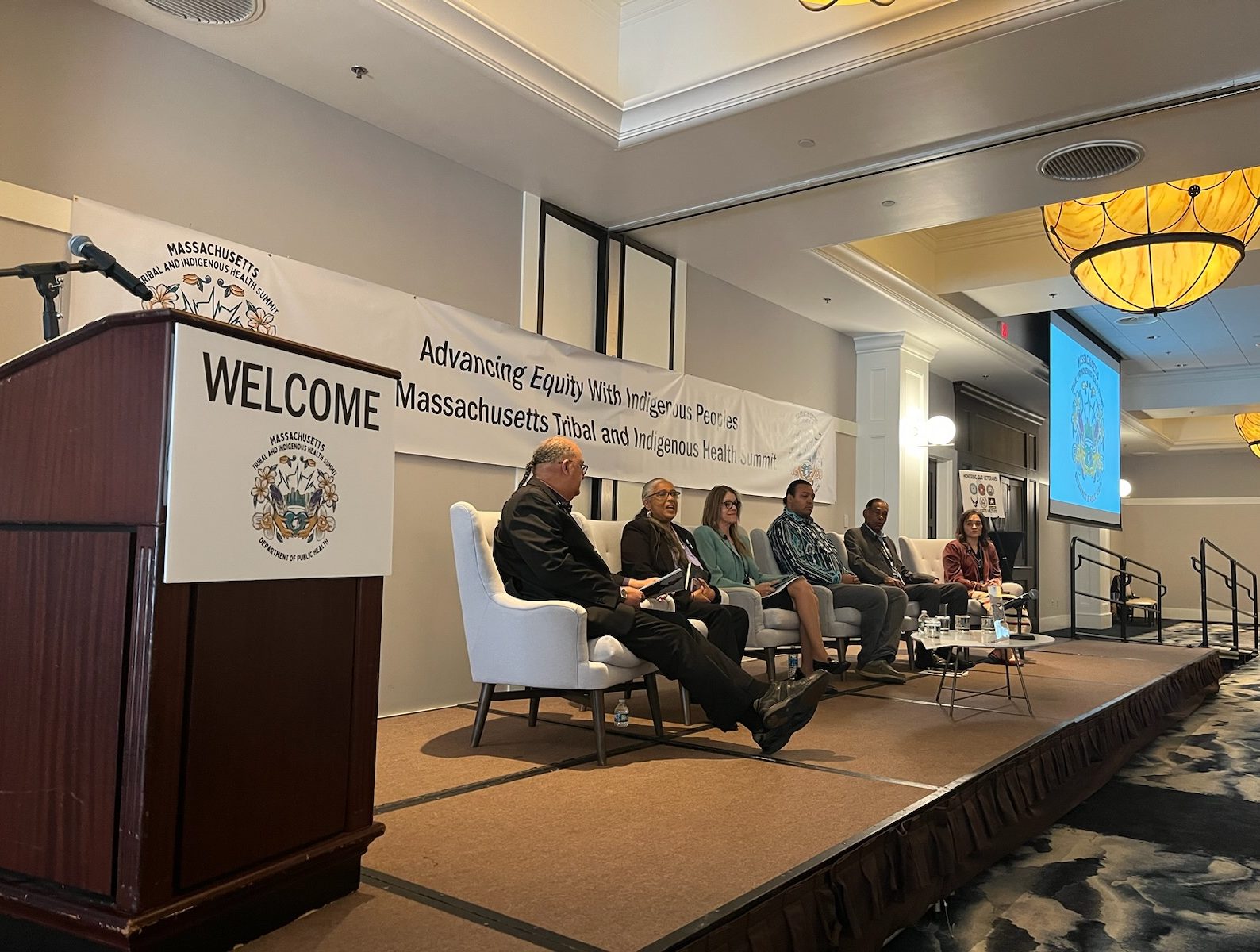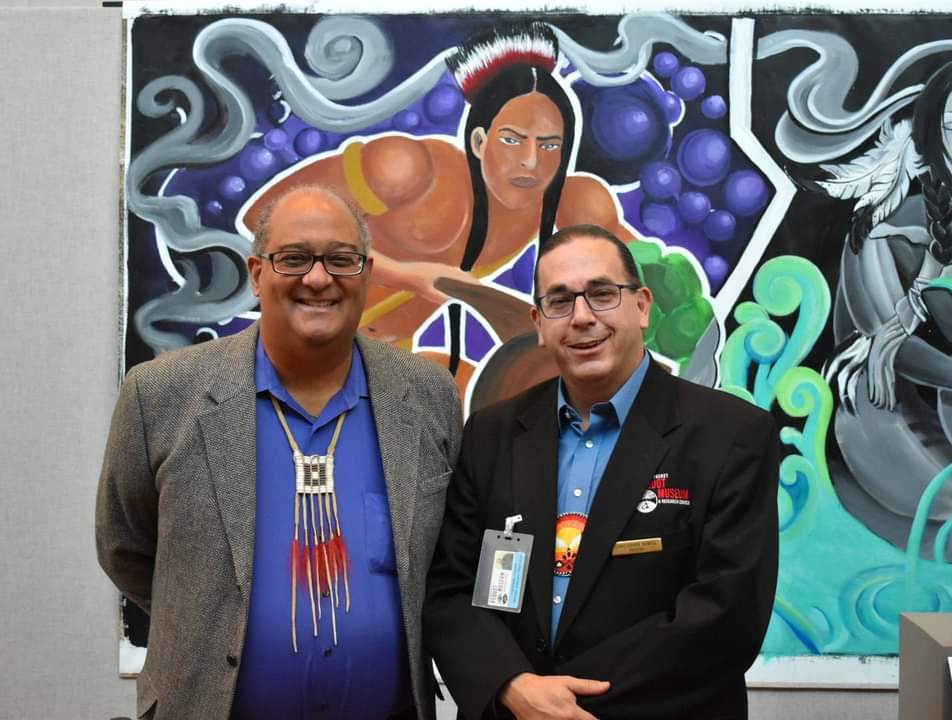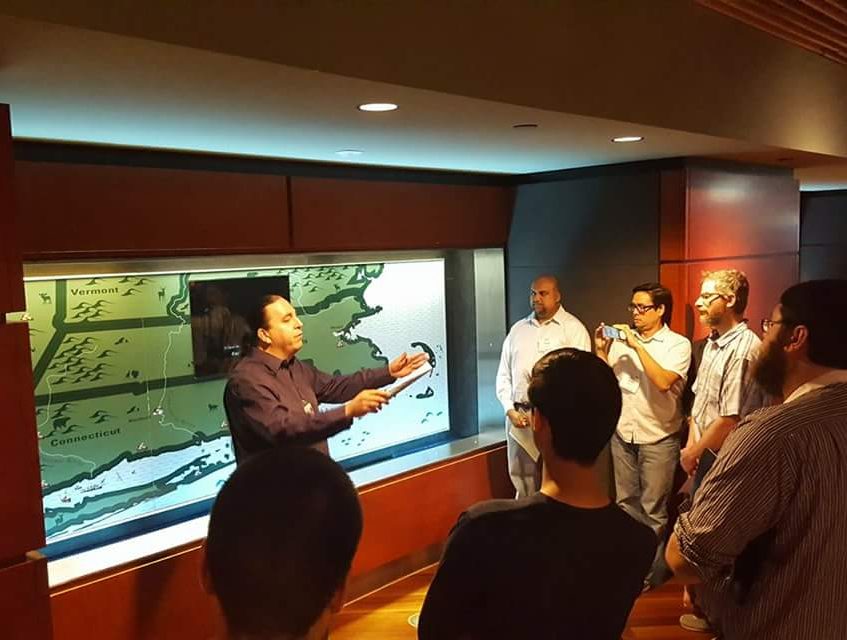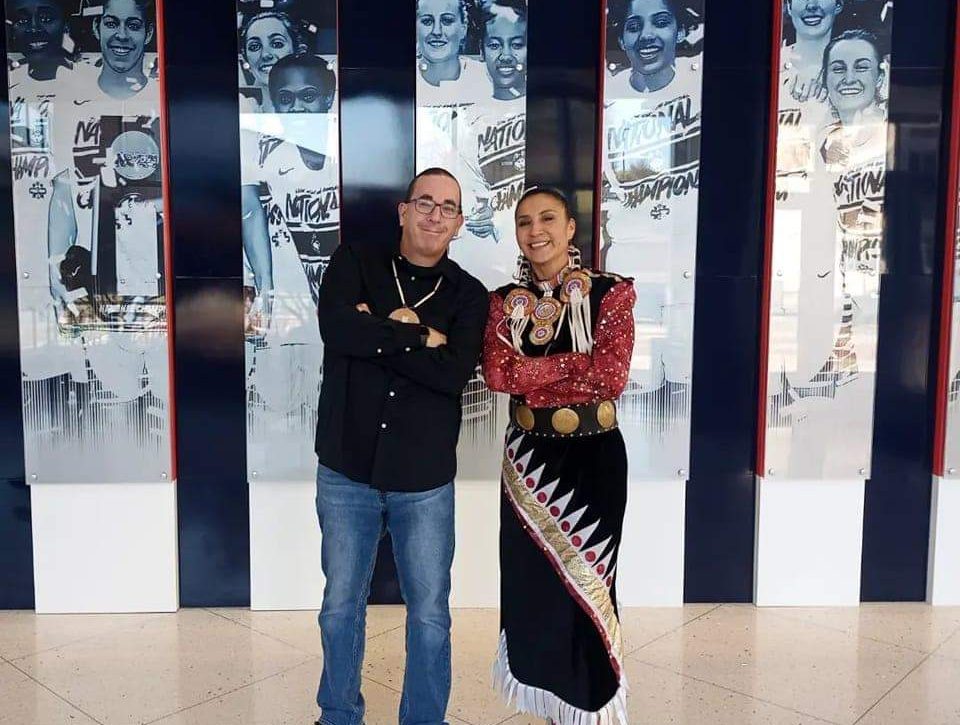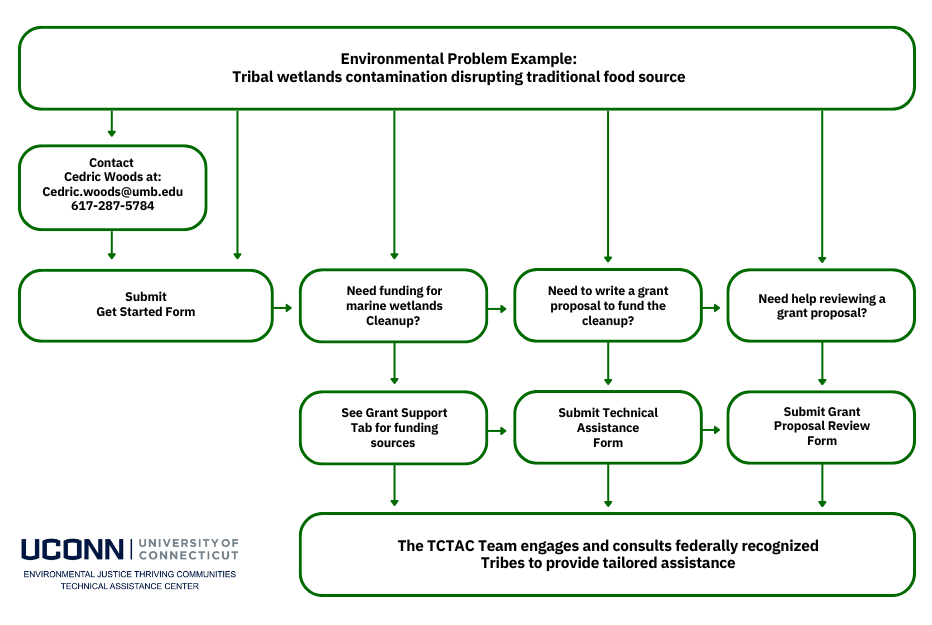Resources for Native Nations
Environmental Justice
The guiding principle of “environmental justice” is to engage communities across diverse income, race, color, national origin, Tribal affiliation, or disability with just treatment to protect them from the adverse impacts of environmental hazards and health risks. Environmental justice aims to provide people disproportionately affected by climate change and cumulative environmental burdens, due to the legacy of racism, systemic and/or structural barriers, to gain equitable access to live and thrive in a healthy, resilient and sustainable environment.
Environmental Justice Thriving Communities Technical Assistance Centers Program (EJ TCTAC)
The Environmental Justice Thriving Communities Technical Assistance Center (EJ TCTAC) Program, as part of the Federal Thriving Communities Network Initiative, provides technical assistance and capacity building resources to help cultivate and sustain thriving communities throughout the country.
Region 1 EJ TCTAC
The Region 1 EJ TCTAC is administered by the University of Connecticut, it provides the necessary training and assistance to help community organizations to become proficient with the federal grant application systems, grant proposal development, and grant award management.
UConn EJ TCTAC partners with Region 1 communities through utilizing outreach, communication resources, direct engagement, and technical assistance training to advance environmental justice work locally, including translation and interpretation services for communities with limited English-language proficiency.
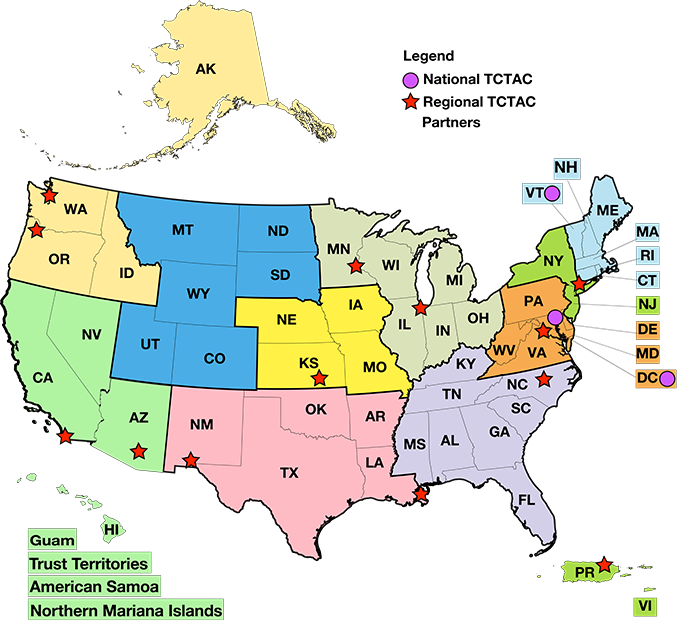
How We Can Help
Call Cedric Woods: 617-287-5784
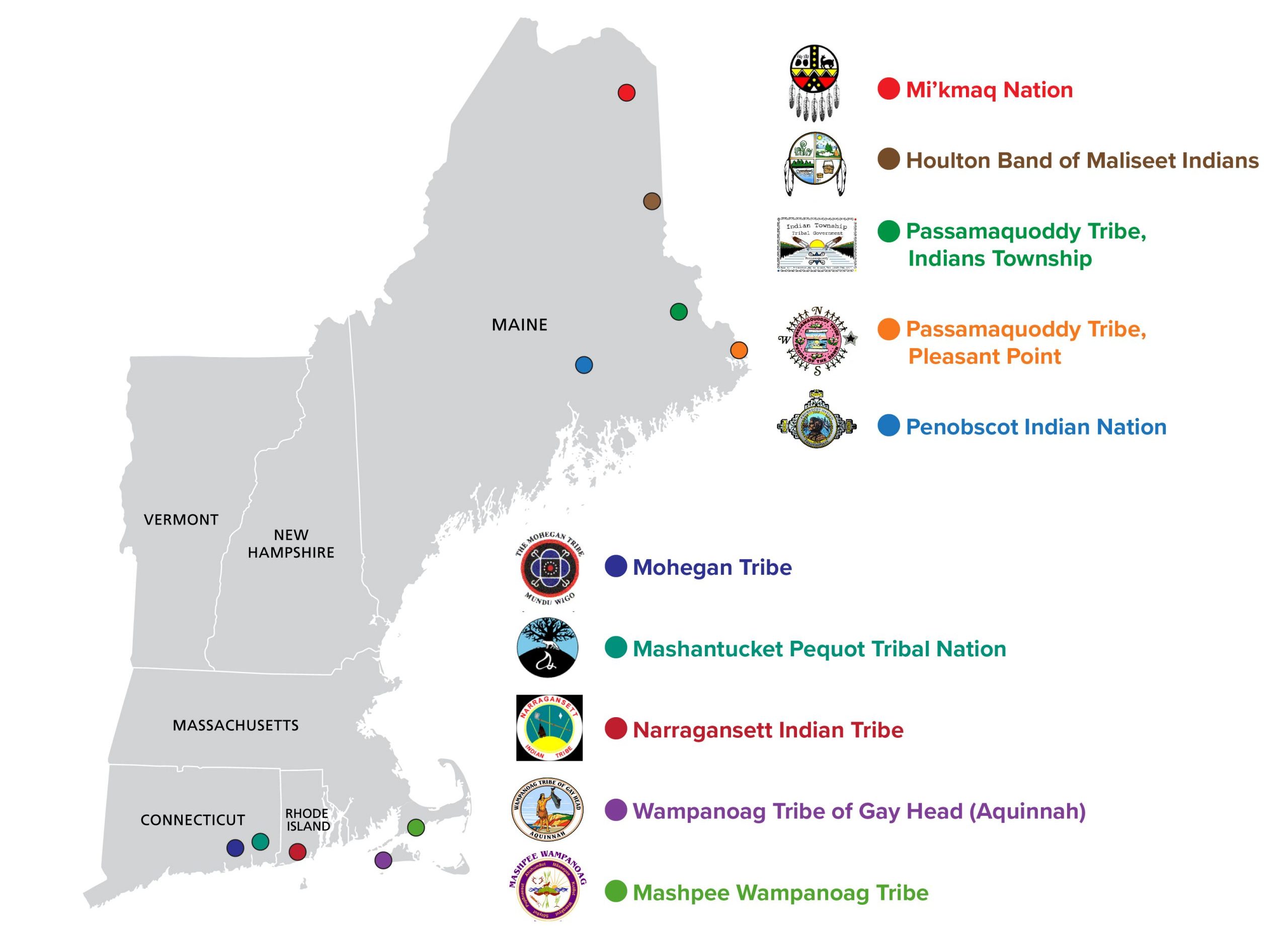
Not sure where to start?
Reach out to us today for a consultation!
Latest News
CIRCA: Serving Connecticut’s Coastal Communities and Beyond
As seas and temperatures rise, the Connecticut Institute for Resilience & Climate Adaptation uses research and community engagement to protect communities across the state.
Continue Reading About Serving Connecticut's Coastal Community
Urban Forestry Enables Environmental Justice in CT Communities
Bringing together the power of UConn research and extension, faculty are leveraging urban forestry and environmental justice to support Connecticut’s Hispanic and Latino communities.
Celebrating the “Father of Environmental Justice”
The Boston Museum of Science honors Dr. Robert Bullard for his leadership in environmental justice, naming him the 2024 recipient of the Bradford Washburn Award and hosting a public event in his honor.
A Retrospective of the SNEP Network’s Impact on Rhode Island
Southeast New England Program Network’s (SNEP) is committed to fostering healthier and more resilient communities by addressing stormwater management, climate change impacts, and environmental justice concerns through equitable, community-based assistance and innovative solutions.
Save the Date
Check back soon for more information about our upcoming Webinars!
9
December
Monday
12:00-1:00 P.M. ET
Introducing EPA Environmental Justice Grant Opportunities
